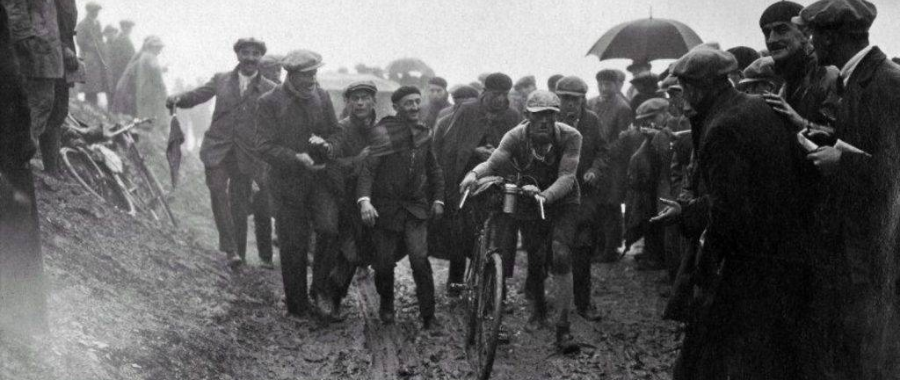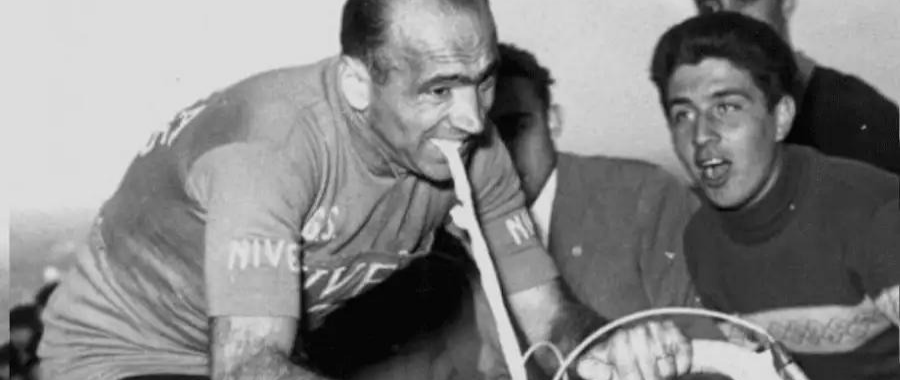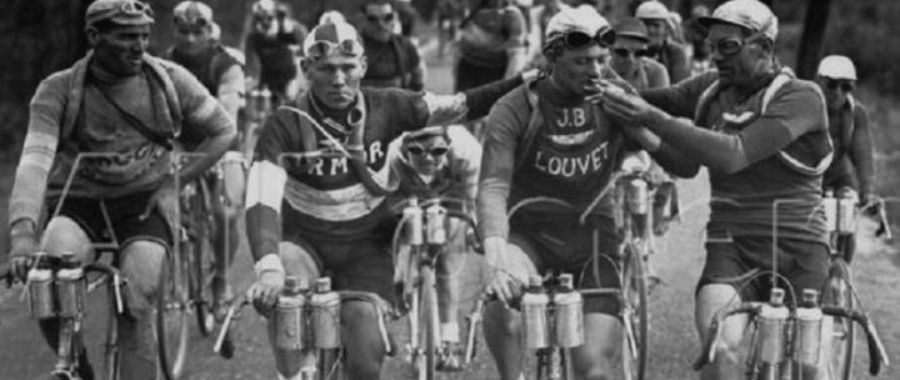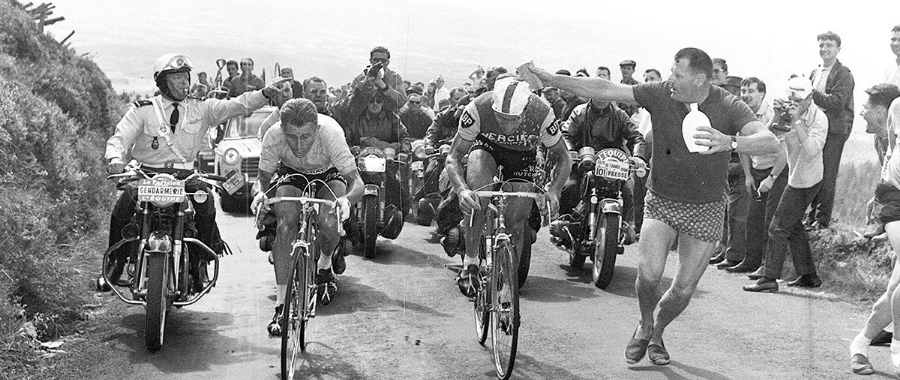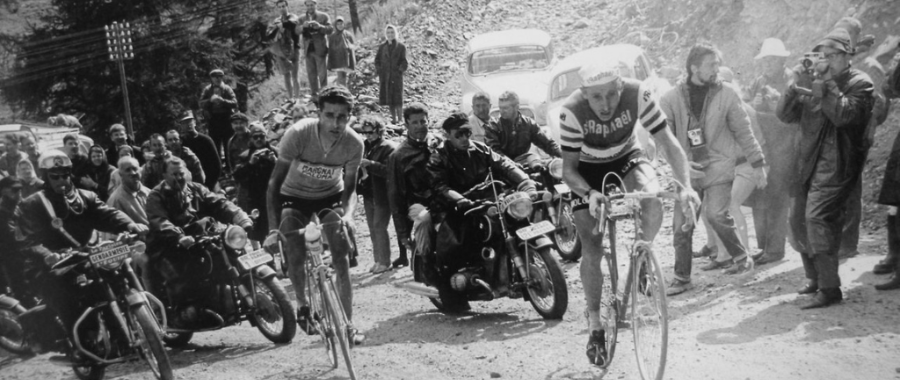The world of road cycling often celebrates the second-place riders as much, if not more, than the winners. Few embody this sentiment better than the legendary French cyclist, Raymond Poulidor (1936-2019), known affectionately as "The Eternal Second." Over the course of his career, Poulidor competed in the Tour de France 14 times, completing 12 of them. He finished second in the general classification three times and third on five occasions. Yet, remarkably, he never wore the coveted yellow jersey — a fact that made the moment when his grandson, Mathieu van der Poel, claimed it in 2021 all the more special.
Poulidor’s career coincided with that of Jacques Anquetil, one of the greatest cyclists of all time, and their rivalry defined an era. While Poulidor was an aggressive, attack-minded rider with a talent for climbing, Anquetil was a master of time trials, known for his calculated, cold-blooded approach to racing. Their fierce rivalry reached its pinnacle in the 1964 Tour de France, particularly during the 20th stage, which finished atop the iconic Puy de Dôme.
Heading into the stage, Anquetil led the general classification by 56 seconds over Poulidor, with third-placed Federico Bahamontes more than three minutes adrift. The 237.5 km stage included the climbs of Saint-Privat and the final ascent of the Puy de Dôme, where all eyes were focused.
As the race hit the slopes of the Puy de Dôme, only a select group remained at the front: Anquetil, Poulidor, Bahamontes, Julio Jiménez, and Vittorio Adorni. Bahamontes and Jiménez attacked, eventually dropping Adorni, but their challenge posed little threat to Anquetil's lead, allowing him to focus solely on Poulidor.
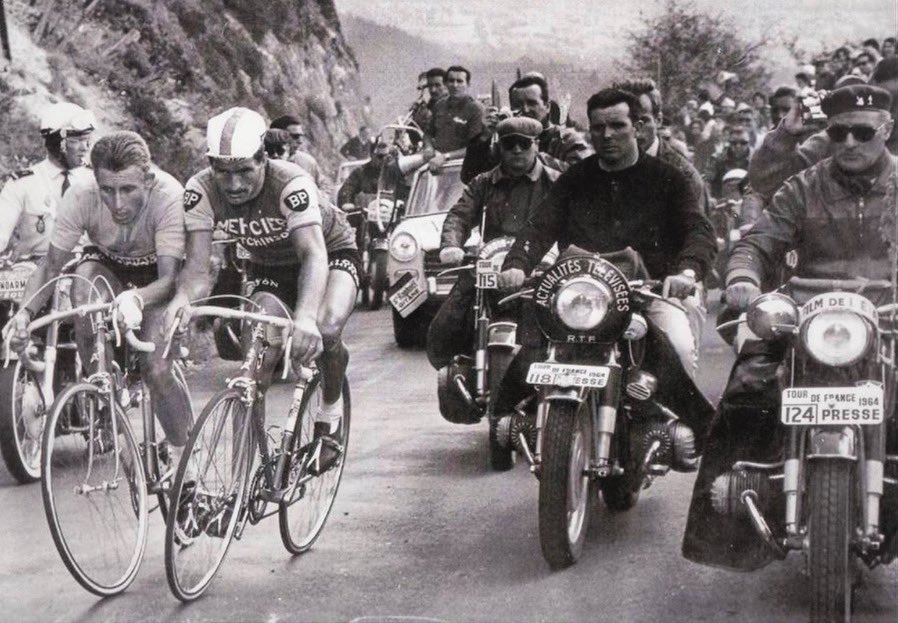
What followed was one of the most iconic duels in cycling history.
Poulidor and Anquetil rode shoulder to shoulder, a moment immortalized in one of the sport’s most famous images.
Anquetil, rather than falling in behind Poulidor, chose to ride alongside him in an intense psychological battle. Poulidor launched multiple attacks, but Anquetil, ever resilient, refused to be shaken off until they approached the final kilometer.
In the last stretch of the climb, Poulidor finally managed to break away, finishing third behind Jiménez and Bahamontes. By the end of the stage, Poulidor had closed the gap to just 14 seconds, but it was not enough to overturn Anquetil’s lead.
It was the closest Poulidor ever came to winning the Tour de France, a heartbreaking near-miss that cemented his place in cycling lore as the sport's most beloved runner-up.
MORE POPULAR STORIES
The toughest Tour de France stage ever
The 10th stage of Tour de France 1926 is often dubbed as the toughest stage ever in the… Read More »The toughest Tour de France stage ever
Fiorenzo Magni’s heroic efforts after his crash at Giro d’Italia 1956
One of the most iconic vintage road cycling images features Fiorenzo Magni grimacing in pain on a gradually… Read More »Fiorenzo Magni’s heroic efforts after his crash at Giro d’Italia 1956
Smoking cyclists (Tour de France 1927)
The smoking cyclists of Tour de France 1927 is one of the most famous vintage cycling images from… Read More »Smoking cyclists (Tour de France 1927)
MORE ANQUETIL AND POULIDOR
The battle on Puy de Dôme: Raymond Poulidor’s closest chance at Tour de France glory
The world of road cycling often celebrates the second-place riders as much, if not more, than the winners.… Read More »The battle on Puy de Dôme: Raymond Poulidor’s closest chance at Tour de France glory
The first Vuelta-Tour double (Jacques Anquetil, 1963)
On May 15th 1963, when Jacques Anquetil crossed the finish line of the last stage of Vuelta a… Read More »The first Vuelta-Tour double (Jacques Anquetil, 1963)
